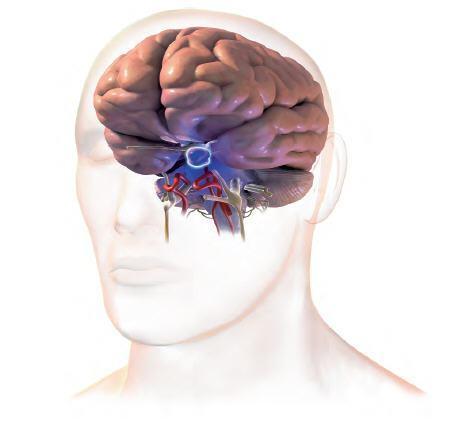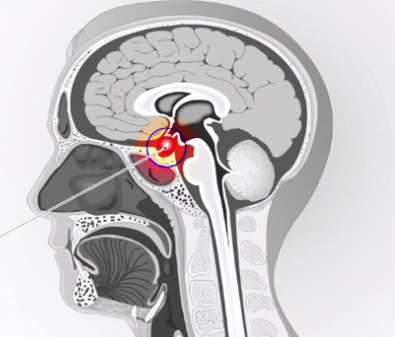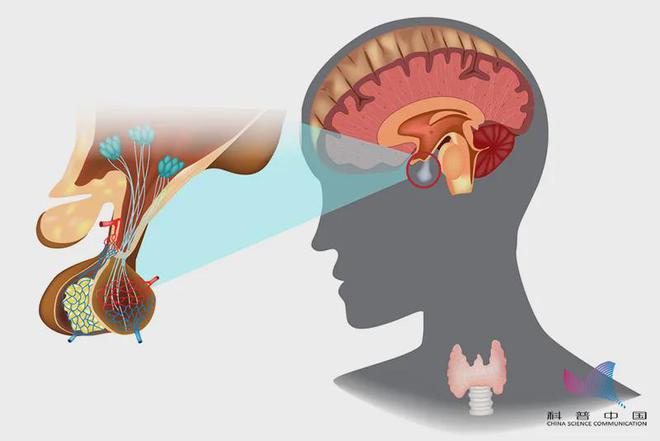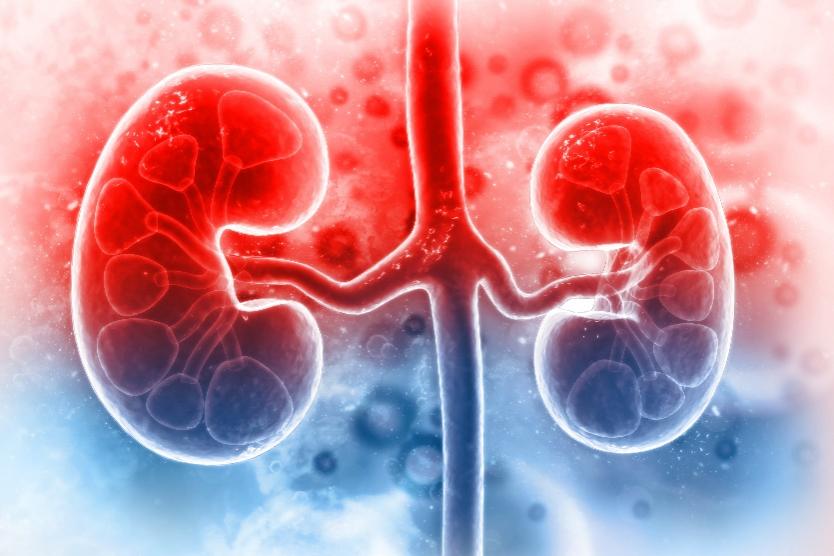George lost an amazing 30 pounds in just 2 months, which even made a huge difference to his appearance, and more worryingly, his blood sugar spiked. George felt very confused: "I really can't believe it, I've always been so athletic and lived a healthy lifestyle, and I'm also very young, how could I get diabetes!" Despite his doubts, George followed his doctor's advice to take his medication and injections on time.
However, after more than a year of close monitoring, George's blood sugar levels did not drop but continued to rise and behave in an unusually stubborn manner. At this point, George also began to vaguely sense that this did not seem to be an ordinary diabetic problem, "Could there be some other more serious disease at work?" In search of answers, George asked around and actively looked for clues. Finally, during a conversation with a diabetic patient, he heard some clues about pituitary tumours. "He said his coworkers had noticed that his nose, mouth, hands and feet were getting progressively larger, and it was only after tests that they realized it was a pituitary tumour." After hearing this, George came to a realization and decided to get his pituitary gland checked. After a series of detailed examinations, the doctor did find a tumour in George's pituitary gland but also pointed them in the direction of treatment.

Pituitary tumours and weight loss are two seemingly unrelated terms that may be inextricably linked. Pituitary tumours, like a "little troublemaker" in the brain, although most of the time it is benign, once they start to "play tricks", they may cause a series of problems. This "little troublemaker" is hidden in the brain and is the "commander" of the endocrine system. It is responsible for regulating the secretion of a variety of hormones so that all parts of the body work together. However, once a pituitary tumour appears, it may disrupt the work of this "commander" and cause hormone secretion to become unbalanced. When a pituitary tumour affects hormones related to metabolism, it is like flipping the body's "energy drain switch". The energy that should have been stored now disappears like smoke blown away by the wind. The patient may suddenly feel a loss of appetite or may keep losing weight even after eating a lot.

The extent of the "little bugger" and how each person's body reacts to it varies. Therefore, if you find yourself suddenly losing weight, and not only that, you even have other uncomfortable symptoms, such as headaches, or you find yourself losing your eyesight, then be alert to the possibility of a pituitary tumour. It is very important to go to the hospital in time for a checkup to find out the real reason for the sudden weight loss. Of course, even if you are diagnosed with a pituitary tumour, you don't have to worry too much, as long as you actively cooperate with the treatment, I believe you will be able to defeat this "little troublemaker".
Over the next few days, George began receiving treatment for his pituitary tumour. It was a gruelling process, but with the combined efforts of his wife and doctors, his condition was gradually brought under control. Although George's pituitary tumour brought a lot of ups and downs to his life, the experience made him deeply appreciate the importance of health and made him cherish every moment he spent with his wife. Today, George has a new lease on life and his life is once again filled with sunshine and laughter. And that fight against the pituitary tumour has become an unforgettable memory in his life.

So, friends, when you find your body abnormal, do not take it lightly. Perhaps, it is the body's distress signal to you. Only with timely attention and active treatment can we, like George, beat the odds and regain our health and happiness.





